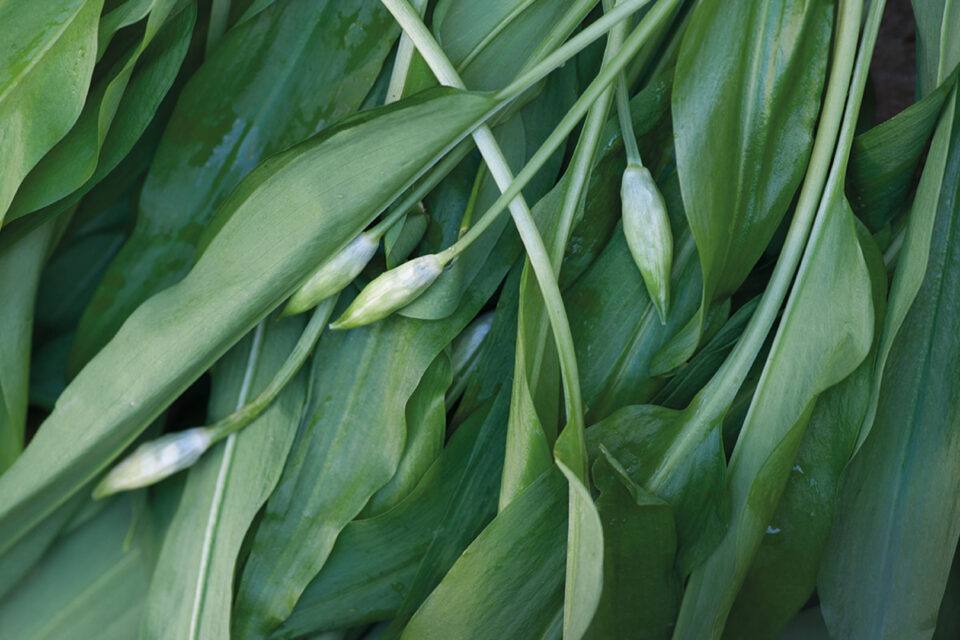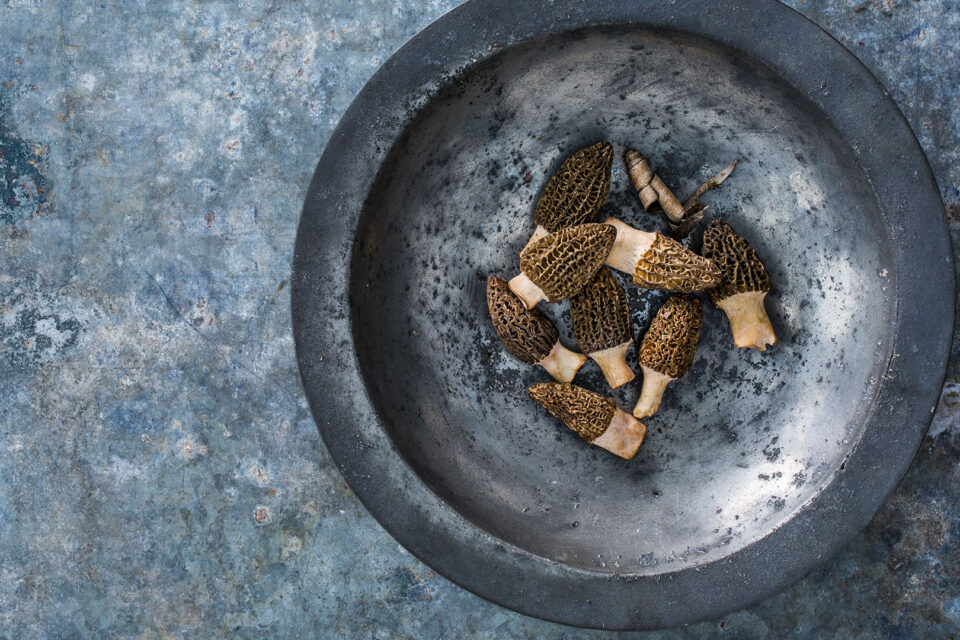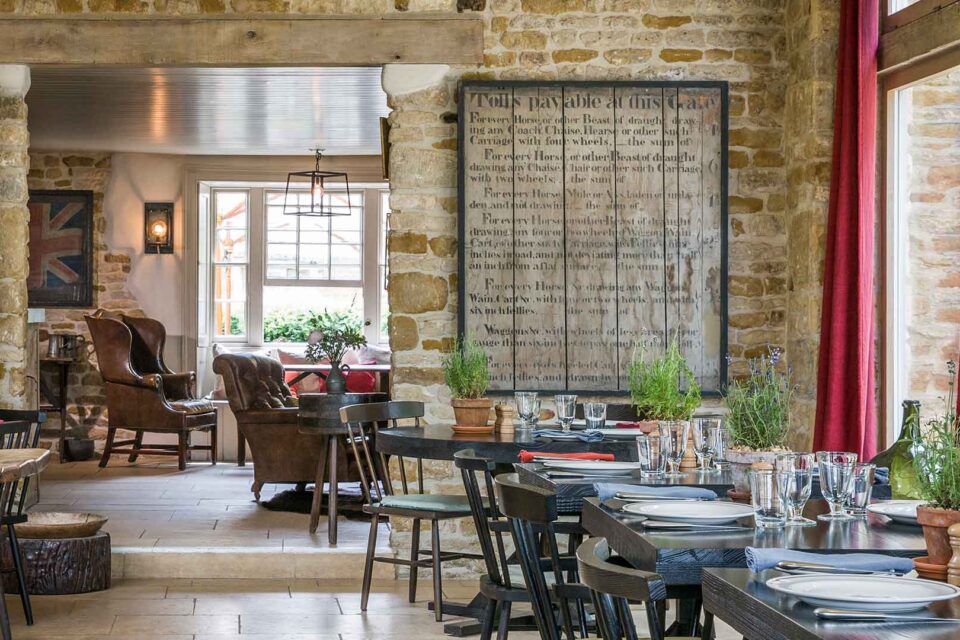Our pub menus are united by a simple food philosophy of working with high quality, low impact ingredients. Each of our chefs prioritises seasonal, local produce, working with farmers and growers that operate to the highest standards of environmental stewardship and animal welfare. Wherever possible we source from organic or regenerative farms and complement our dishes with hyper-local wild forage. The result is a regularly evolving menu throughout the year, offering the best of nature’s larder to our guests at the peak of each ingredient’s season.
We are fortunate that our sister farm, Daylesford Organic, is situated so close to our pub kitchens – less than a mile of farm track separates it from both The Fox and The Wild Rabbit, and both The Bell and The Three Horseshoes are within 10 and 13 miles respectively. The farm’s 2,500 acres of fields, ancient woodland, river meadows and hedgerows are home to much of our menu’s produce, protein in particular.
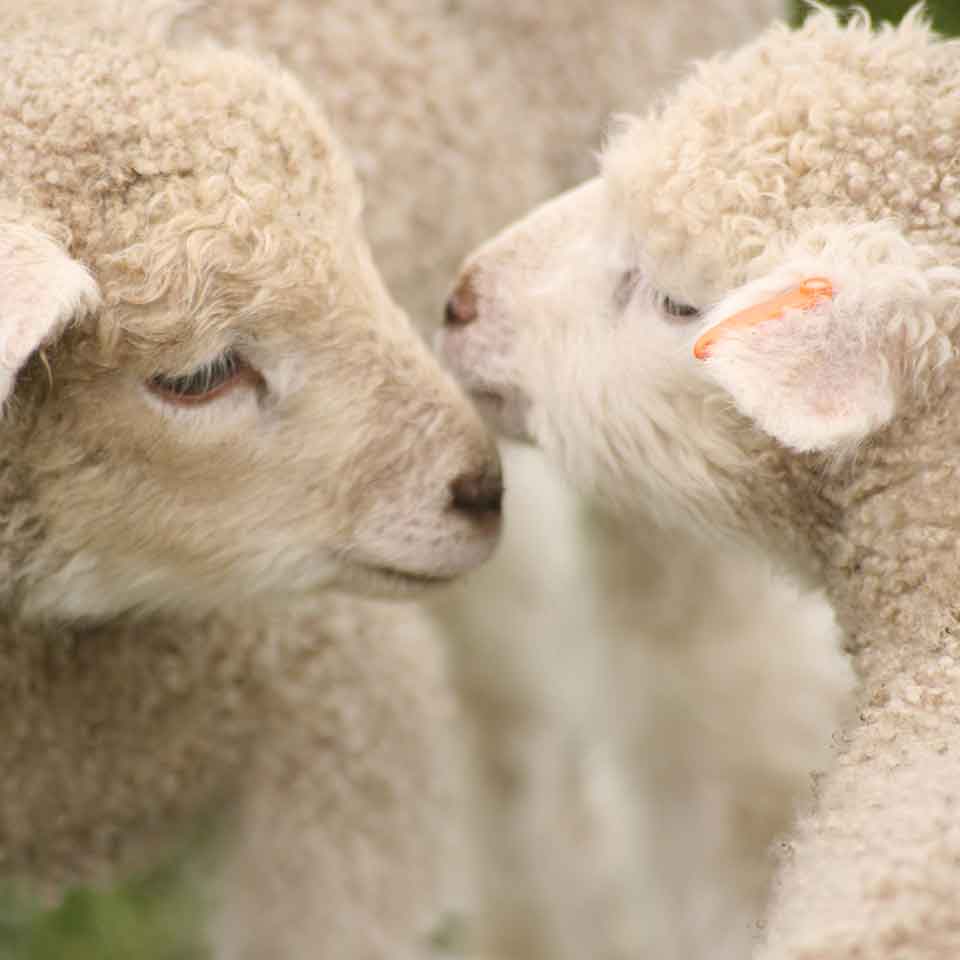
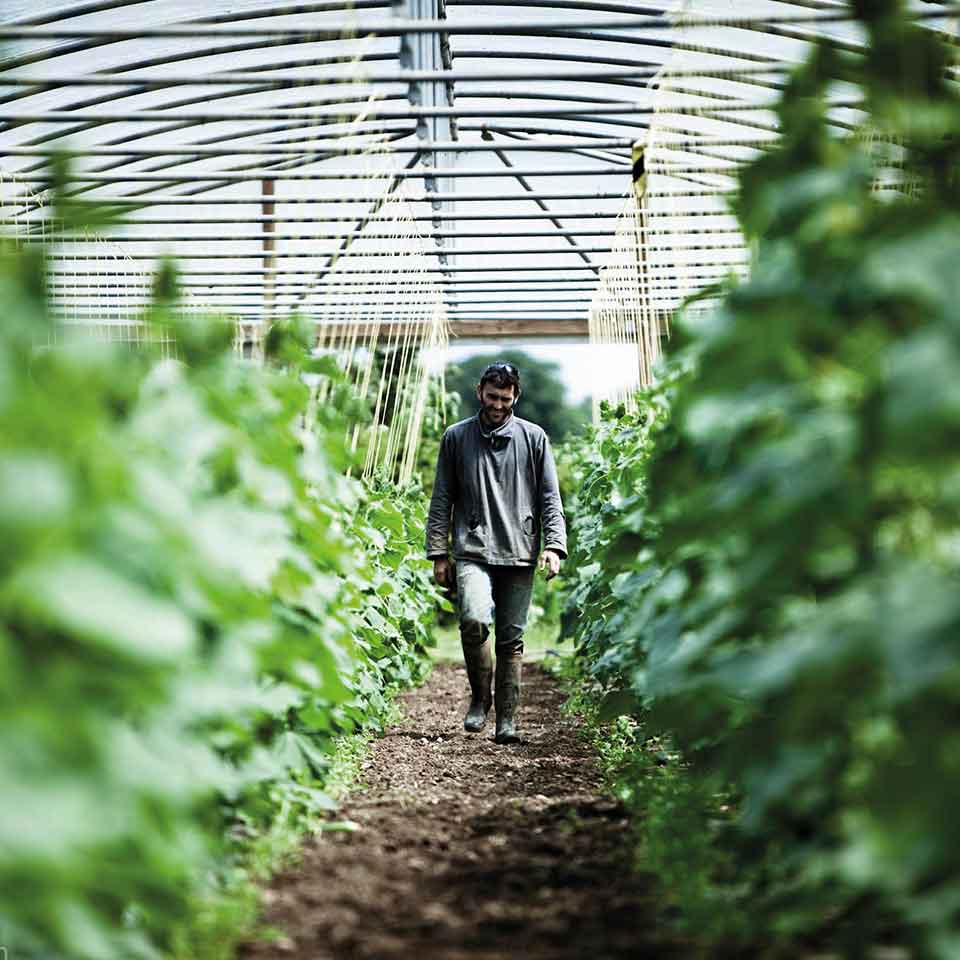
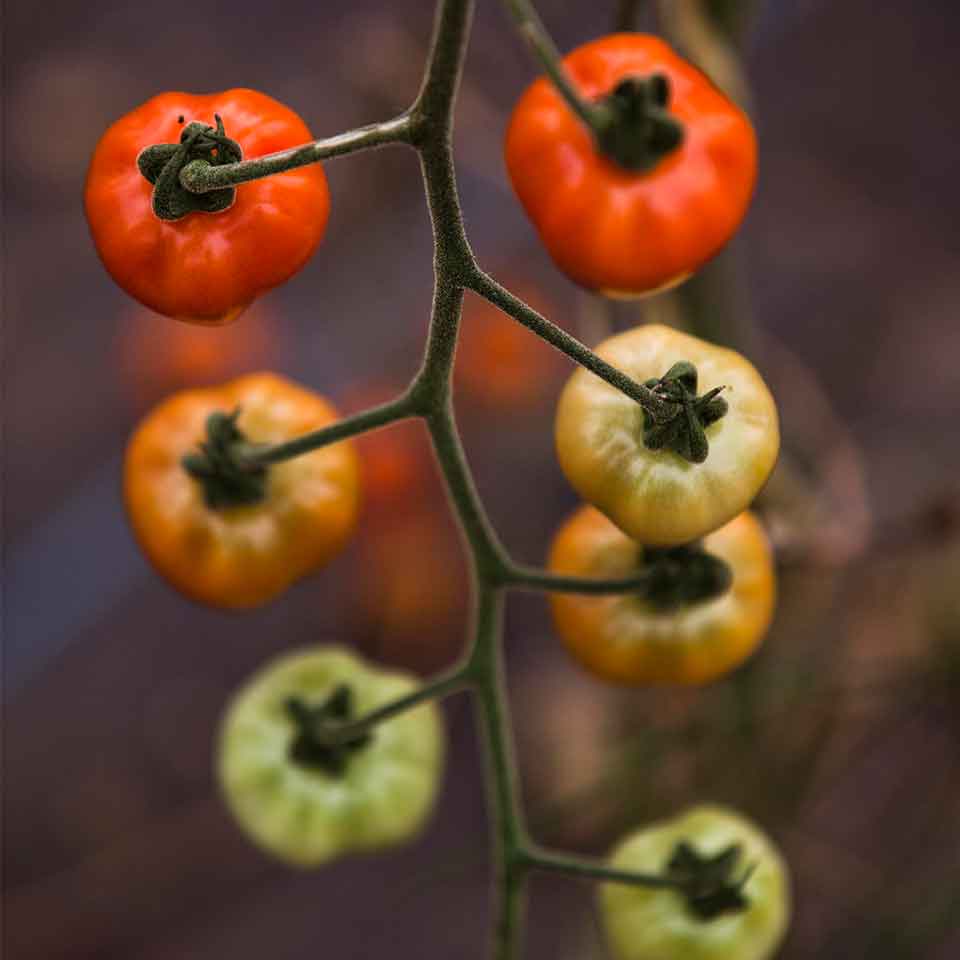
Organic farms are naturally circular businesses; by removing the ability to supplement soil nutrients or animal feed with external inputs, farmers are forced to extract everything they need from natural cycles such as composting or returning the nutrients in animal manure to the pasture fields. Daylesford is home to 550 beef cattle, 250 dairy cattle, 6,000 laying hens and several thousand sheep. Between them they provide our pubs with meat, eggs, milk and a variety of cheeses, all proudly produced without the use of artificial pesticides or synthetic fertiliser. The farm has also gone a step further in embracing the local environment by farming crops and animals that would traditionally have been found in the area, many of them now rare breeds: Cotswolds sheep evolved to thrive on this land and even gave it its name (Cotes meaning sheep enclosures, and Wold meaning opening countryside); Gloucester cattle, too, flourish on the pasture and provide the milk for Single Gloucester, a cheese with Protected Designation of Origin; Blue Legbar hens roam through a 30-acre agroforestry project and their golden-yolked eggs are a regular star on a Daylesford Stays breakfast.

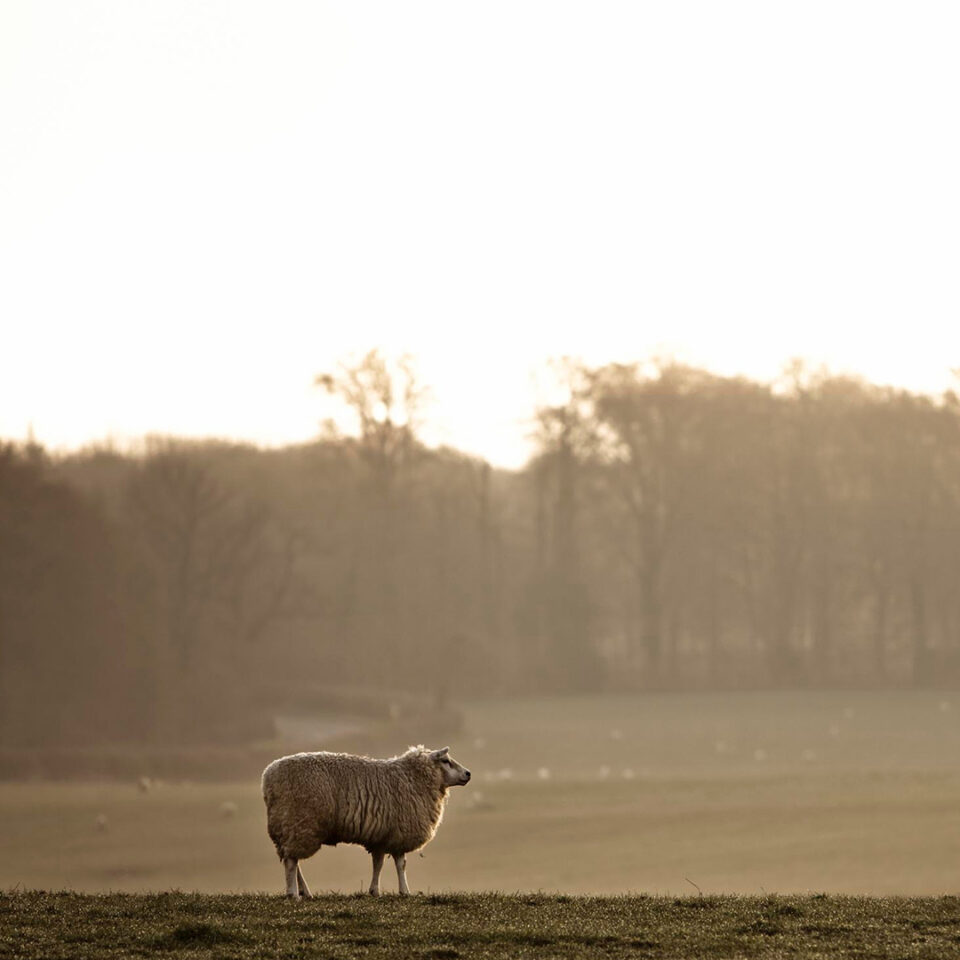
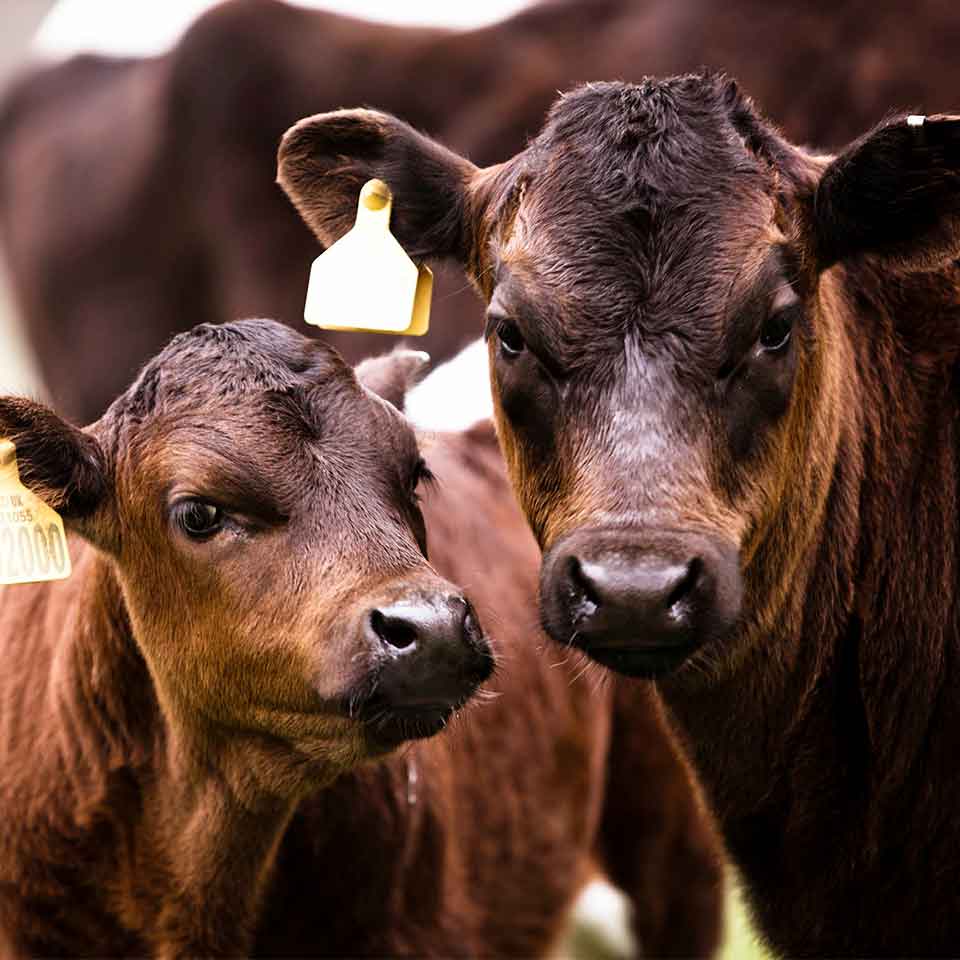
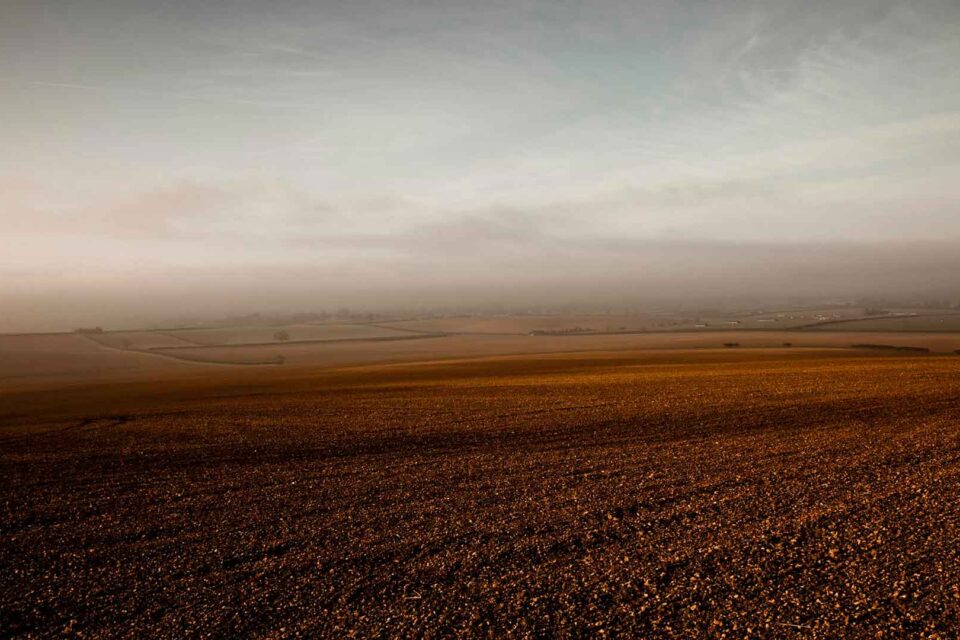
Traceability is an important part of our sourcing policy, which includes mapping our suppliers and origin of ingredients. Daylesford own their whole supply chain; for meat products this means we can trace an individual animal from field to fork and guests walking along the public footpaths will often meet the Friesian cows providing our organic milk, which is bottled just 100 yards from the parlour. We are advocates for eating less, better quality (and locally sourced) meat, and this level of transparency is the only way we can ensure those standards.
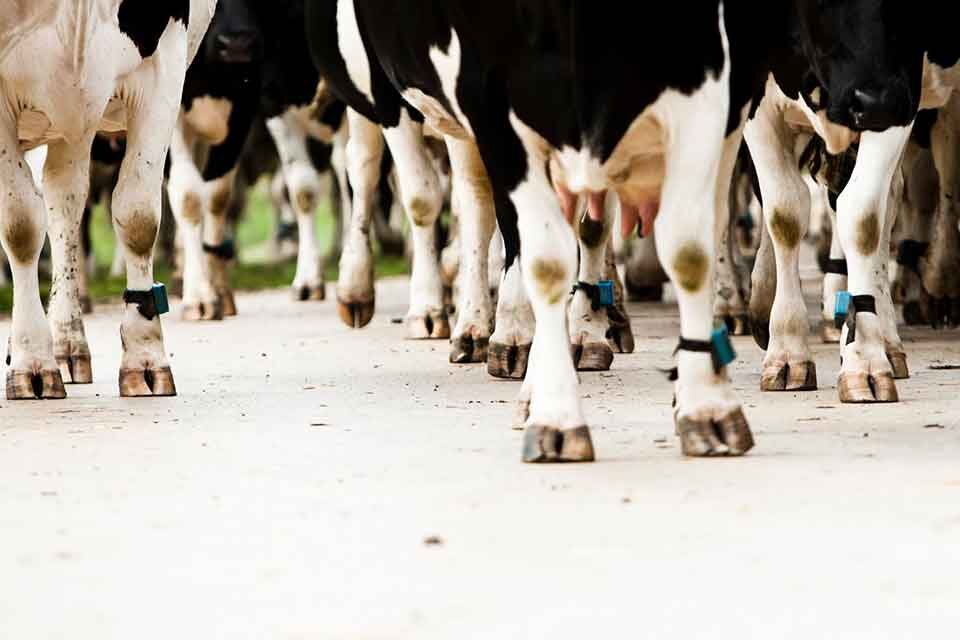

Outside of producing food, the farm’s holistic approach appreciates its position within a wider ecosystem, maintaining productive land alongside important riparian and woodland habitats. The river Evenlode flows through the fields, sharing its flood meadows with cattle. In return it is given the freedom to forge a natural meandering path through the landscape and Daylesford’s wetland meadow filters the phosphates and nitrates from its waters. Extensive hedgerow networks provide nature corridors connecting the farmland to the riverbank and onto the ancient woodland of the Oddington Ashes, where trees and undisturbed soil date back hundreds of years. This synergy between land uses helps to store over five thousand tonnes of carbon and creates a haven for nature: otter feast on the crayfish in the river; over 50 species of bird inhabit the hedges and trees, managing the insects in the fields; beneath it all, ecosystem engineers like earthworms and beetles churn through the soil.
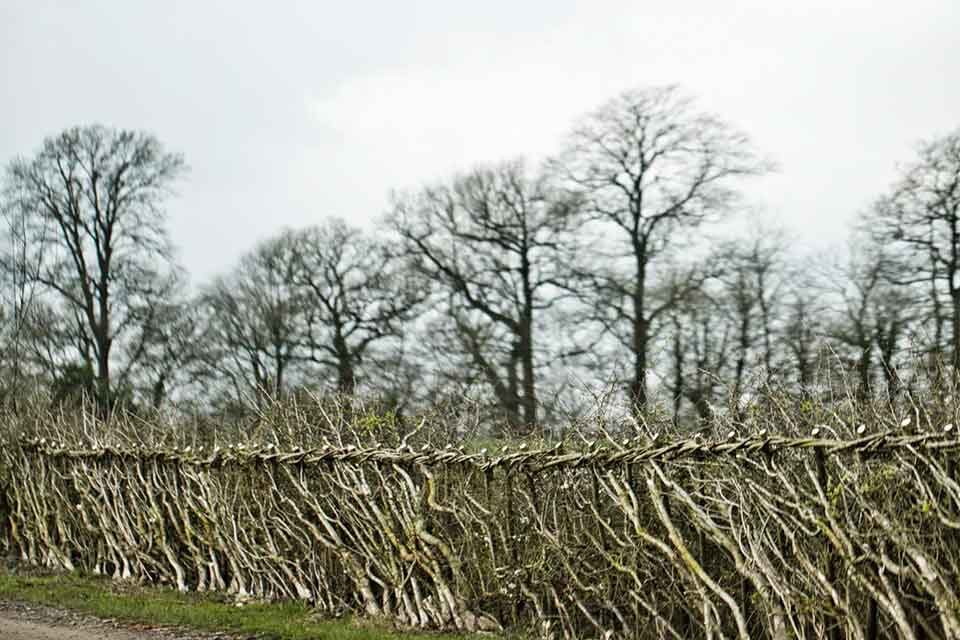
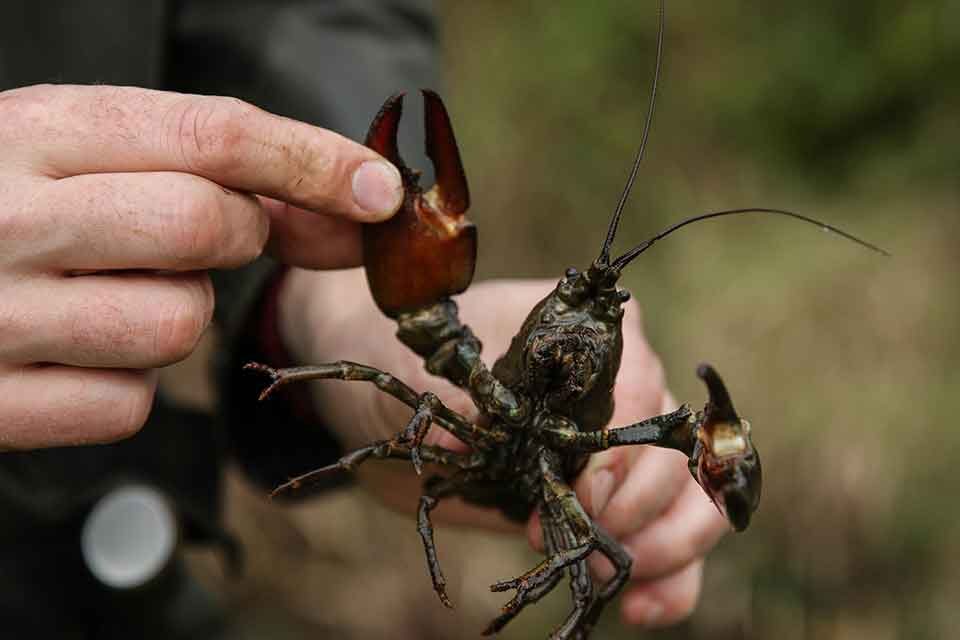
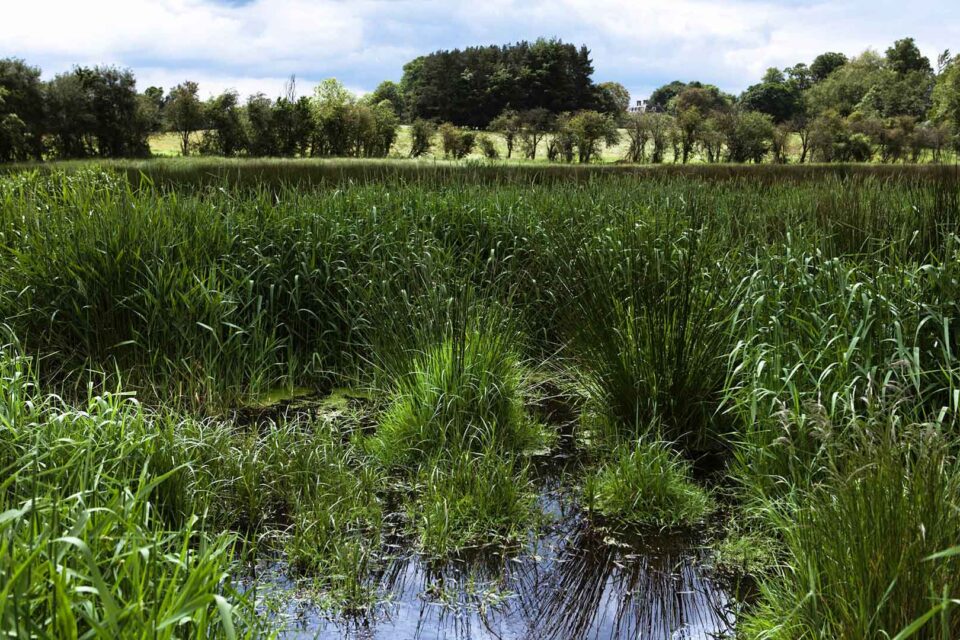
Although our chefs are not limited to only using Daylesford produce, the farm’s standards serve as an important benchmark for our sustainable sourcing policy. We are dedicated to building a network of responsible local suppliers and bringing the origins of our menu closer to home.
